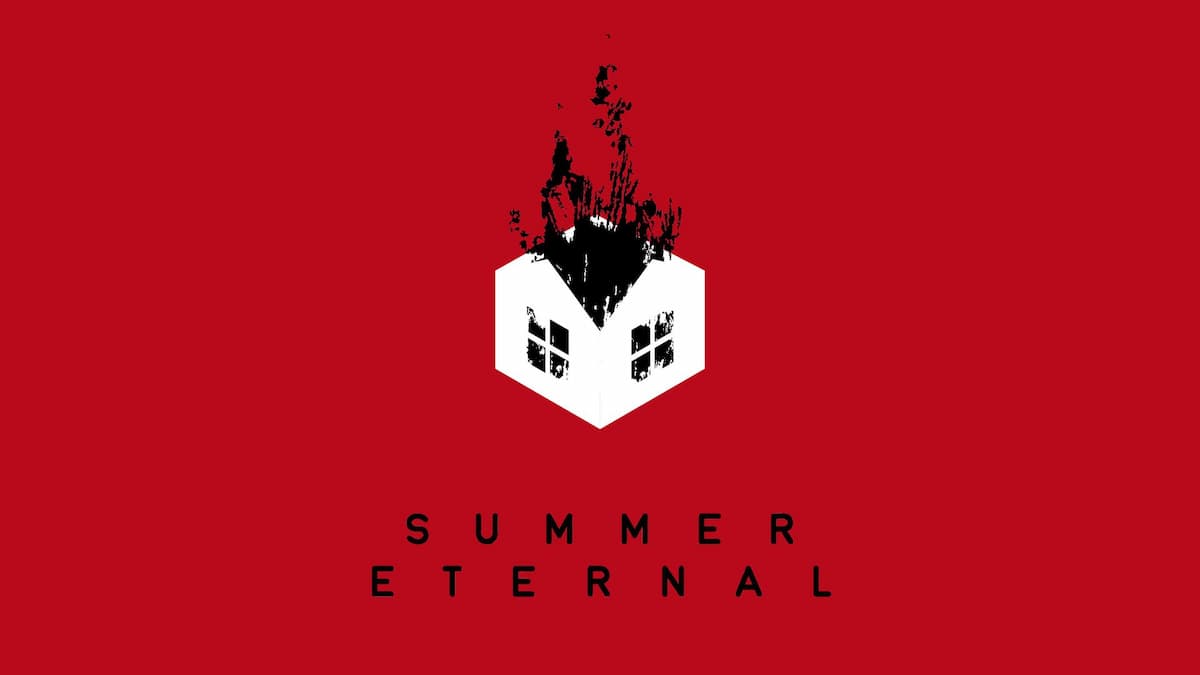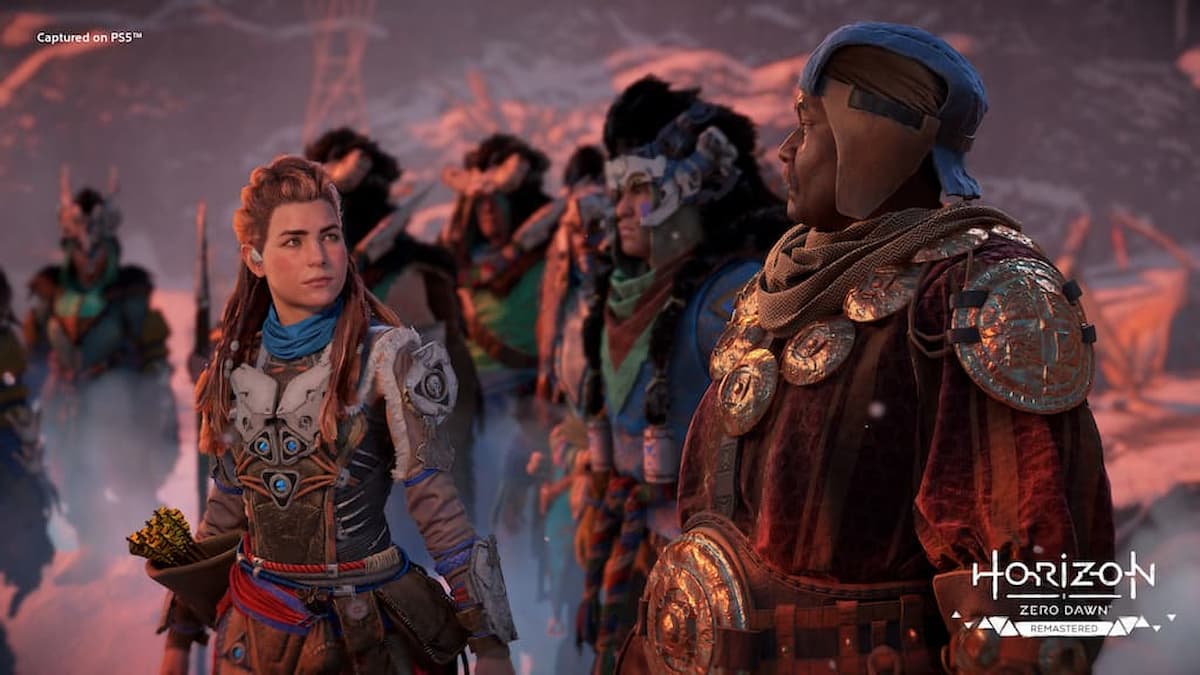Skip To...
The video games industry is “finished”. At least, that’s according to former ZA/UM developer Dora Klindžić in an interview with VG247. You can’t get much more of a sensationalist claim than that, but does it ring true? Given the crisis rocking the games industry at the moment, there’s no doubt something has to give. But will it be a new start for the industry we love, or “merely” a major shift in direction?
Only When It Is Dark Enough Can You See the Stars
The video games industry is in a tight spot. That’s the PG version of the current situation. I can’t write the R-rated alternative. As I’ve spoken about in a previous article on remasters, the last couple of years have seen record layoffs and studio closures. The mounting issues since the COVID-19 pandemic have also seen some spectacular flops. Anyone remember Concord?
One of the studios that went through a bizarre and convoluted self-destruction is ZA/UM, the developers and publishers of cult-classic RPG Disco Elysium. No fewer than three studios have formed from departed ZA/UM employees: Dark Math Games; Longdue Games; and Summer Eternal. Now, employees of the game studio and art collective Summer Eternal have spoken about the state of the industry and their hopes for the new co-operative enterprise. Writer Dora Klindžić said:
“I think this industry is finished. But fortunately for everyone, video games are not.”
On the surface, it’s a somewhat bleak statement. But actually, it contains more than a glimmer of hope. Although it’s harder than ever for developers to stand out amidst the competition, the independent scene is still bursting with creativity. The formation of co-operative studios populated by “AAA” veterans, like Summer Eternal, is an exciting new horizon. Yes, such outfits are built on the back of heartache, but a sense of injustice blended with passion can be a potent incentive to succeed.
Too Big To Fail?

Although built on creativity and entertainment, the video games industry is a business. And a very high-revenue one at that. It’s tempting to think, therefore, that the games industry is just too big to crash. Surely the executives in charge of the biggest gaming companies wouldn’t allow that?
To a degree, I think Klindžić’s dismissal of the current industry is a little premature. Although the ship’s hull has suffered a few hits, and she’s listing and taking on water, we’re not looking at a sinking just yet.
First, because of the near-unquenchable passion of those who actually make the games – the developers. Sure, many have become terminally jaded by the horrendous state of the industry. Nobody can rightly blame them for leaving. But just as many, if not more, are chomping at the bit to work on the video games that they love. It’s possible to make games outside of the major studios, of course, but it’s difficult, time-consuming and expensive. For that reason, developers flock to the so-called “AAA” studios, where the high-profile, huge-budget releases are made.
The second reason why I can’t see the games industry collapsing just yet, is the executives. Bear with me. Executives are beholden to shareholders and desperate to give the illusion of perpetual growth. It’s unsustainable, undoubtedly, but we shouldn’t underestimate the shrewdness of the C-suiters and their drive to generate as much profit as possible. At the moment, that means layoffs and closures. At some point in the not-too-distant future, though, it must shift to actually creating products to sell – video games – and that needs workers.
From the Ashes
Let’s face it: it’s hard not to feel like the games industry is on fire at the moment. I’ve seen so many friends and colleagues unceremoniously laid off, and the fight for the few vacancies opening up is fierce.
There’s no doubt in my mind that, as Summer Eternal writer Dora Klindžić promises, video games are far from dead. Despite the industry woes, the medium has so much more to offer, so much potential to fulfill. Whether or not the video games industry is “finished”, though, as she suggests, is up for debate. The appalling and continued layoffs certainly point to a radical shift in the way games are made, at least for the foreseeable future.
But, like the best video game protagonists, the industry has a habit of evolving and morphing to combat challenges. Even if the video game industry in its current form does burn to the ground, the phoenix will rise from the ashes. It will blaze a bright new path through our leisure time as the hobby we all love. At least, I still hope that’s the case.








